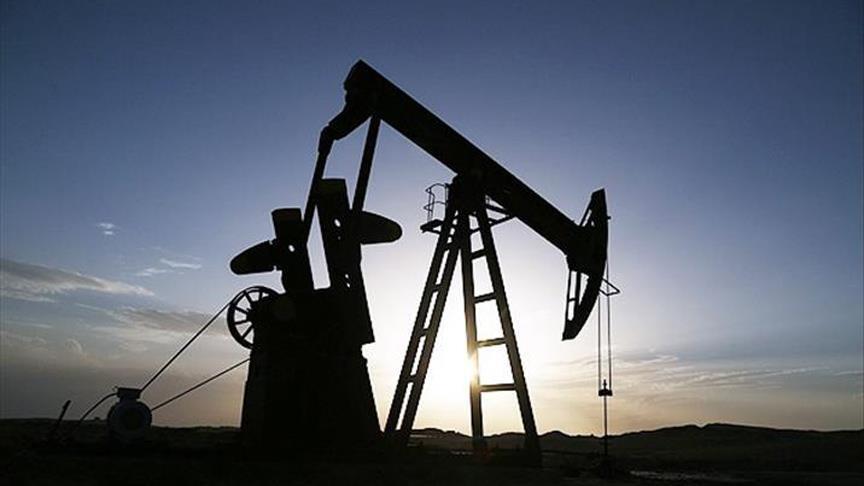With measures taken to stop the spread of COVID-19, global oil demand will fall by a record 29 million barrels per day (bpd) in April making it the worst month in the history of the global oil market, the head of International Energy Agency said by articulating 'Black April' for this month on Wednesday.
Global oil demand is estimated to fall by 9.3 million bpd in 2020 because of measures taken to tackle the spread of the novel coronavirus pandemic.
The OPEC+ group agreed to cut production by an initial 9.7 million barrels per day from May 1 to reduce global oversupply for the remainder of 2020 and into 2021, the head of the IEA, Fatih Birol reminded.
In addition to the agreement on April 12 of the 23-member group, known as OPEC+, led by Saudi Arabia and Russia to curb total output by 9.7 million barrels per day (bpd) from May 1, the energy ministers of the world's 20 biggest economies, G20, also held a meeting on Friday to prevent an oil market crash.
In an IEA webcast news conference, Executive Director Fatih Birol said that although production cut will take place in the markets, market oversupply would continue to increase until the end of April 2020.
'Global oil demand is to decline by 29 million bpd this month and 26 million bpd in May. These are staggering numbers. I believe in a few years time, when we look back at 2020, we may sell see it as the worst year in the history of global oil markets while this month, April, is set to be the worst month in global oil history,' he said.
Birol also detailed a three-pronged strategy based on the conclusions of the OPEC+ and the G20 meetings.
He explained this three-pronged strategy aims to slow the build-up of crude stocks to avoid saturating available storage capacity. This means lowering the peak in the surplus based on the first commitment of OPEC+ to cut production, which translates in reality to a cut of 10.7 million barrels per day.
The second is in the proposal of at least four countries, including China, India, Korea and the U.S., to avail of their storage capacity to store oil stocks purchased at lower prices.
Birol said that this could total 200 million barrels, and assuming that they are placed in storage within the next three months, this could represent a 2-million-barrel-per-day withdraw from the market.
The third point, he said was through declines from producers like the U.S., Canada, Brazil and Norway, which could see output cuts of about 3.5 million barrels per day. Discussions at the G20 meeting showed that the output of some non-OPEC producers would decline as a result of reduced investments and shut-ins.
Birol said as a result of OPEC+ and G20 initiatives, the gradual lifting of confinement in parts of the world could lead to demand exceeding supply in the second half of 2020.
- IEA's oil purchase rumors
Birol refuted rumors of the IEA’s purchase of 3 million barrels from Saudi Arabia saying 'as the IEA, we don't purchase or sell oil.'
By Gulsen Cagatay and Nuran Erkul Kaya
Anadolu Agency
energy@aa.com.tr


